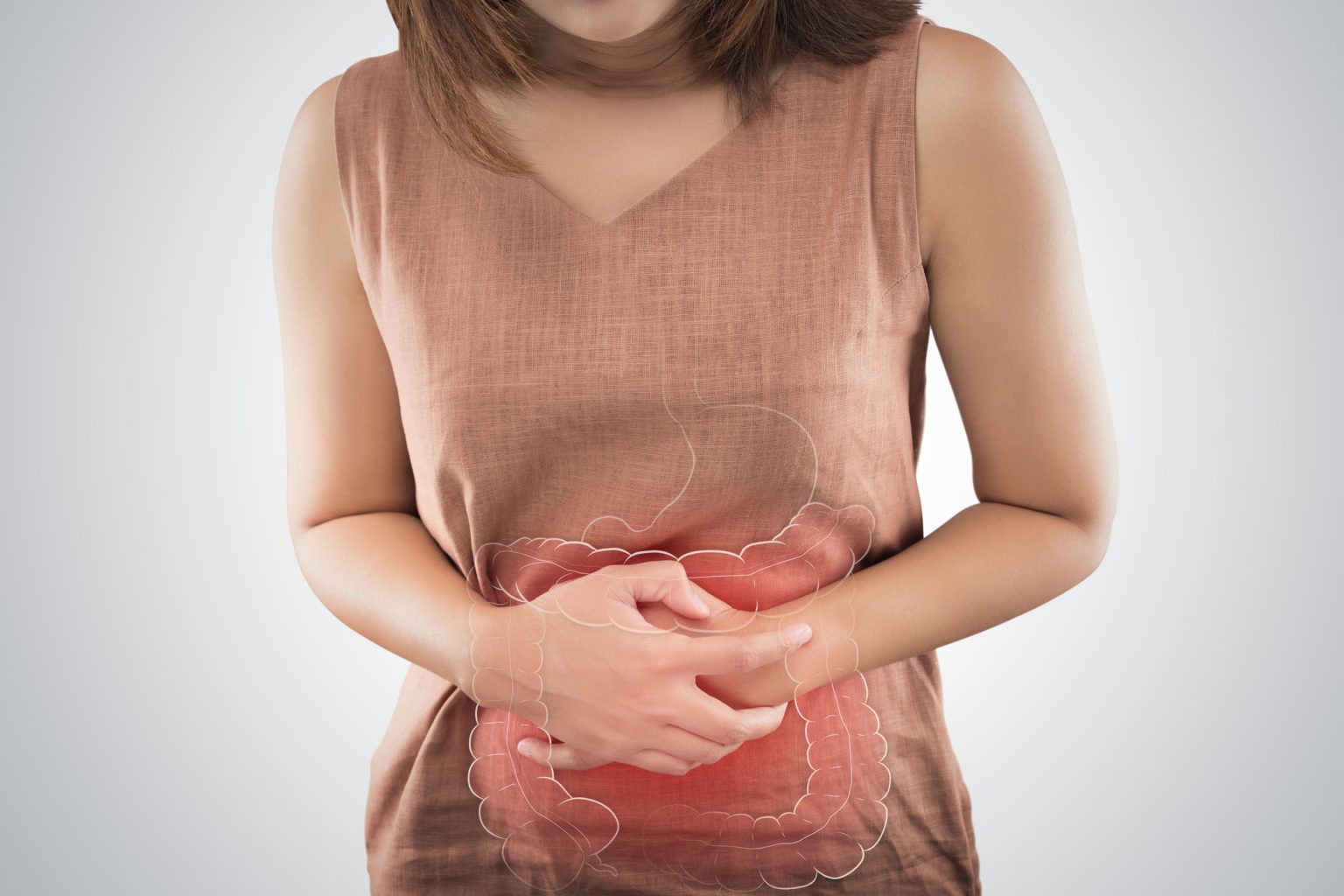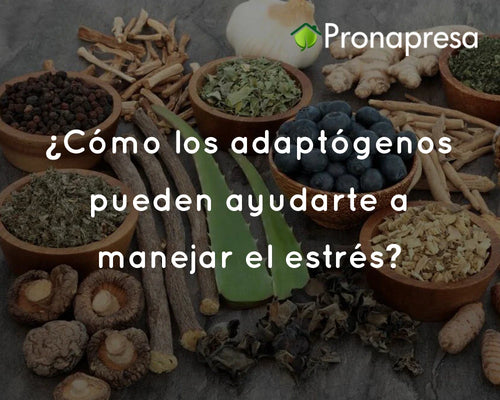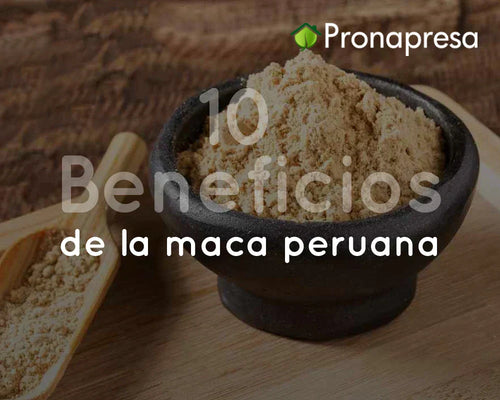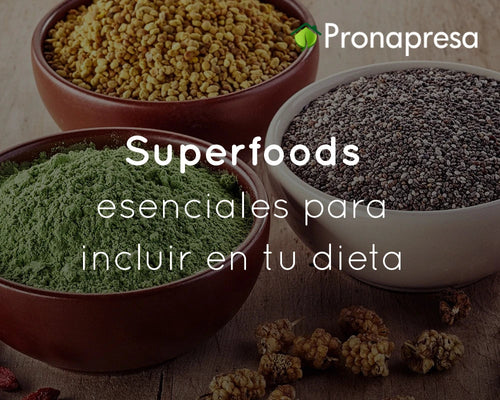
Research has shown that a diet rich in fiber-rich foods provides us with many benefits: ranging from lowering cholesterol levels, combating constipation and avoiding sudden increases in blood sugar to preventing colon cancer. Another study goes a little further: within that group of foods it identifies several that specifically help reduce the risk of developing polyps in the colon, a precursor to colorectal cancer.
If you like lentils, green peas, brown rice, or dried fruits, enjoy them. Plus, you're in luck. A team of researchers at Loma Linda University in California has determined that people who regularly eat these foods are less likely to develop colon polyps, thus reducing the risk of cancer in the large intestine (colon).
The team of researchers, led by Dr. Yessenia Tantamango, analyzed data from 2,818 people whom they followed for 26 years. During that time, 441 cases of colon polyps were detected among study participants.
How were these foods related to the appearance of polyps? Let's see:
- Brown rice: Participants who ate it at least once a week reduced their risk of developing polyps by 40%.
- Legumes (beans, peas and lentils): those who included this type of food in their diet at least three times a week reduced the risk of developing polyps by 33%.
- Dried fruit: Those who ate dried fruit three or more times a week reduced the risk of developing polyps by 26%
- Cooked green leafy vegetables: (such as broccoli) consuming these foods at least once a day was associated with a 24% reduction in the risk of developing polyps.
Dr. Tantamango explained that these foods, rich in fiber, dilute specific carcinogens (substances that cause cancer) and that some, such as broccoli, contain detoxifying compounds that increase their ability to protect against polyps.
The results of this study coincide with the recommendations of the National Cancer Institute (National Cancer Institute) that advises eating a low-fat, high-fiber diet to prevent colorectal cancer. This translates into at least five daily servings of fruits and vegetables. Therefore, to increase the amount of fiber in your diet:
- Try to make those portions include vegetables such as broccoli, celery or spinach, dried fruits, peas and beans.
- Reduce the consumption of red meat, dairy products such as cheese, which contain more fat.
- Avoid creamy sauces and dressings and instead serve your salads with a light vinaigrette or lemon.
- Replace white rice with brown rice and do the same with the bread.
- Instead of creamy desserts, ice cream or cakes, eat fresh fruits. Or combine dried fruits with hot oatmeal at breakfast time. You can also eat them as a snack between meals as an extra source of energy or to accompany salads.
Ask your doctor at what age you should start having a colonoscopy and how often you should repeat it. This test allows you to detect polyps and eliminate them before they become something more dangerous. Your risk of developing polyps increases with birthday candles, especially when you reach fifty. Don't be careless.
Quitting smoking and maintaining a healthy weight also reduces the risk of developing polyps and colorectal cancer. If someone in your family has had colon cancer (or another type of cancer), that counts as a risk factor against you. In this case, it is even more important that you take care of your diet and have a colonoscopy regularly.
We can't do anything to change our genes, everything we inherited from our ancestors, whether good or bad, but we can change and control what we serve on our table. Try to ensure that your next menus contain foods that have a positive impact on your life and your health.





















































